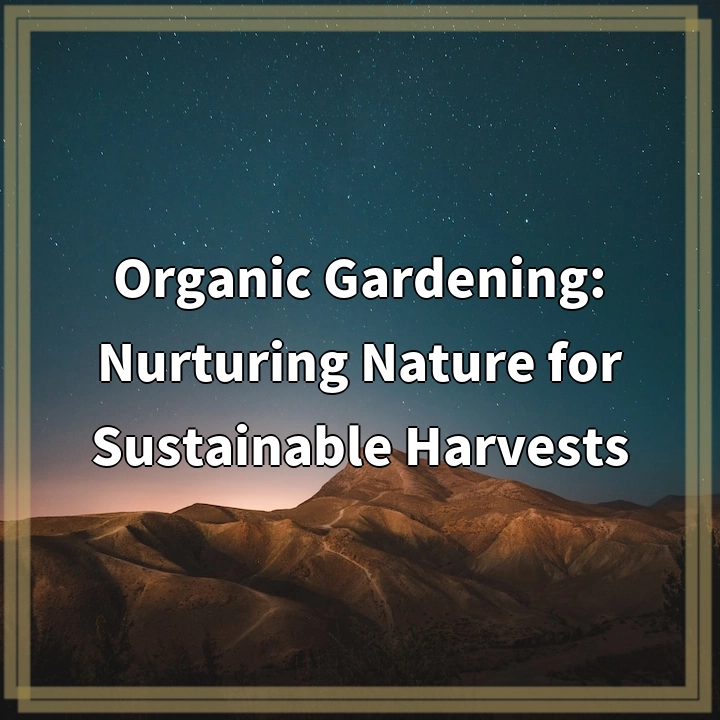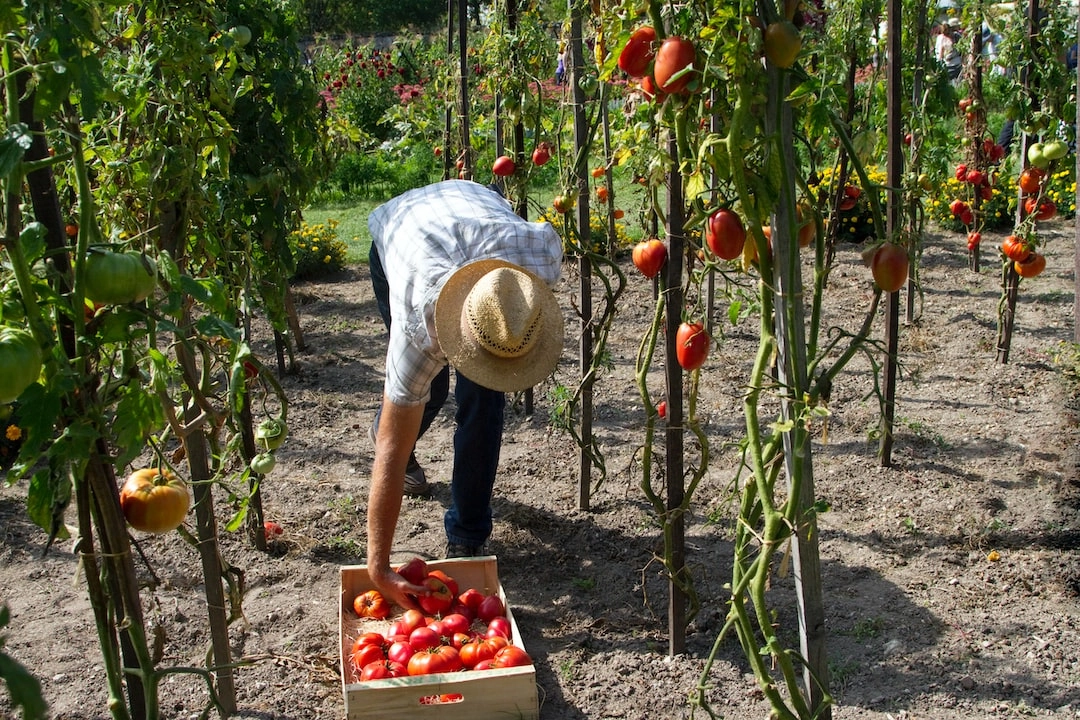
What is Organic Gardening?
Organic gardening is a sustainable and eco-friendly approach to cultivation that nurtures plants and the surrounding ecosystem without the use of synthetic chemicals, pesticides, or genetically modified organisms (GMOs). It is a method that focuses on maintaining soil health, promoting biodiversity, conserving water, and nurturing the natural balance of ecosystems. In organic gardening, organic matter, compost, and natural fertilizers are used to nourish the soil, while beneficial insects and companion planting techniques are employed to manage pests.
Real-World Problems Associated with Organic Gardening
Although organic gardening offers numerous benefits, it also presents its fair share of challenges and obstacles. These real-world problems can impact the success and effectiveness of organic gardening practices:
1. Pest and Disease Management
In organic gardening, the absence of synthetic pesticides can make managing pests and diseases more challenging. Organic gardeners often rely on natural pest control methods like handpicking insects, using insect-repelling plants, and introducing beneficial organisms. However, finding effective organic solutions for specific pests and diseases can be time-consuming and requires continuous monitoring and adjustment.
2. Weed Control
Weeds compete with plants for nutrients, sunlight, and water, which can hinder their growth and productivity. In organic gardening, weed control usually involves manual methods such as hand weeding, mulching, and the use of natural weed suppressants. However, depending on the scale of gardening, these methods can be labor-intensive and may require more time and effort compared to conventional weed control methods that use synthetic herbicides.
3. Limited Availability of Organic Seeds and Plant Varieties
Finding a wide variety of organic seeds and plant varieties can sometimes be challenging. Many commercial seed suppliers focus on conventional seeds, limiting the choices for organic gardeners. Additionally, certain heirloom or region-specific plant varieties may be less readily available, making it harder to maintain biodiversity and preserve unique plant genetics.
4. Soil Fertility and Nutrient Management
Building and maintaining soil fertility is a crucial aspect of organic gardening. Organic matter from compost, cover crops, and animal manure is commonly used to enrich the soil. However, this process requires proper planning, regular soil testing, and the careful balancing of nutrients. Inefficient nutrient management can lead to imbalances, reduced crop yields, or nutrient leaching, which can impact local water sources.

Solutions for Organic Gardening Challenges
1. Integrated Pest Management
Implementing an integrated pest management (IPM) approach can help address pest and disease management in organic gardening. IPM involves using a combination of cultural practices, biological controls, and organic pesticides when necessary. Regular monitoring, proper plant selection, crop rotation, and maintaining a healthy balance of beneficial insects can help manage pests effectively.
2. Mulching and Weed Management Strategies
Using organic mulches, such as straw or wood chips, can help suppress weeds by blocking sunlight and preventing weed seed germination. Applying mulch around plants also helps retain soil moisture, improve soil structure, and reduce weed competition. Additionally, practicing proper crop spacing, regular weeding, and using weed barrier fabrics can further aid in weed control.
3. Supporting Organic Seed Sources
Supporting specialty organic seed suppliers, local seed banks, and participating in seed-saving initiatives can help increase the availability and diversity of organic seeds and plant varieties. Joining seed exchanges or community gardening groups that prioritize organic practices can also provide access to rare or heirloom varieties for organic gardeners.
4. Soil Testing and Organic Nutrient Management
Regular soil testing can help determine the nutrient content and pH levels of the soil, allowing organic gardeners to adjust their fertilization strategies accordingly. Incorporating well-composted organic matter, cover cropping, and balanced organic fertilizers can help replenish and maintain soil fertility. Proper nutrient management helps minimize nutrient imbalances, supports plant health, and prevents environmental nutrient runoff.















